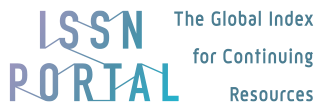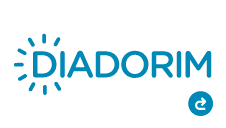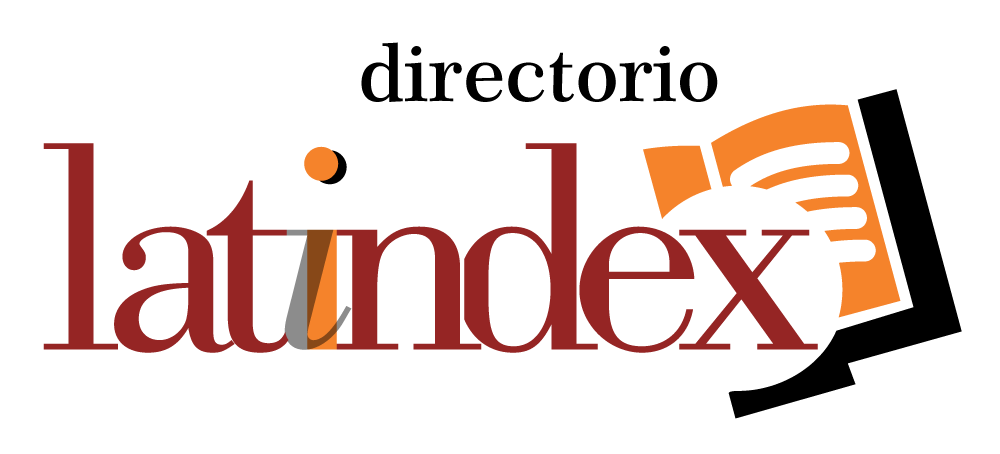Inteligência artificial e patentes
desafios envolvendo um autor não humano
DOI:
https://doi.org/10.63601/resmpu.2023.v2.n1.131-145Palavras-chave:
Inteligência Artificial, Patentes, InventorResumo
O artigo trata das discussões relacionadas à concessão de registro de patentes em requerimentos em que consta um sistema de inteligência artificial como inventor. A metodologia de pesquisa utilizada é a análise de caso dos pedidos formulados no Brasil, nos EUA, no Reino Unido, na União Europeia, na África do Sul e na Austrália por Stephen Thaler, que indicou Dabus, um sistema de inteligência artificial, como inventor. Na África do Sul e na Austrália, Stephen Thaler obteve sucesso, ao contrário do que ocorreu nas outras localidades indicadas. Combinado, ainda, com pesquisa bibliográfica estrangeira, o artigo lida com a função das patentes dentro do sistema de proteção da propriedade intelectual, examinando os requisitos para sua concessão (novidade, atividade inventiva e aplicação industrial) à luz das especificidades relacionadas à inteligência artificial para, então, discorrer sobre as decisões proferidas em cada um dos países indicados, sob o enfoque das implicações do reconhecimento de uma inteligência artificial como autora. Com amparo na análise crítica como método de interpretação de resultados, o artigo buscou a elaboração de uma reflexão profunda sobre os argumentos apresentados, considerando suas fontes e possíveis limitações. Além disso, o emprego conjunto de interpretação normativa permitiu avaliar como a jurisprudência tem-se desenvolvido em relação a essa temática, e como essas decisões podem ser aplicadas na prática. Ao final, o artigo concluiu pela necessidade de discussão do conceito de inventor no sistema de patentes pelo Poder Legislativo.
Referências
ABBOTT, Ryan. I think, therefore I invent: creative computers and the future of patent law. Boston College Law Review, Boston, v. 57, n. 4, p. 1079-1126, 2016. Disponível em: https://tinyurl.com/y3vsfmkm. Acesso em: 13 abr. 2022.
BENTLY, Lionel; SHERMAN, Brad; GANGJEE, Dev; JOHNSON, Phillip. Intellectual property law. [Online]. 5. ed. Oxford: Oxford University Press, 2018.
BRISS, Colin; WAUGH, Andrew; MITCHESON, Tom; CAMPBELL, Douglas; TURNER, Justin; HINCHILIFFE, Tom. Terrell on the law of patents. [Online]. 19. ed. Londres: Sweet & Maxwell, 2021.
BURK, Dan L. AI patents and the self-assembling machine. In: GERVAIS, Daniel. The future of intellectual property. Cheltenham: Edward Elgar Publishing, 2021. p. 301-322. Disponível em: https://tinyurl.com/mvpcmc9d. Acesso em: 27 jul. 2023.
COMISSÃO EUROPEIA. Communication from the Commission to the European Parliament, the European Council, the Council, the European Economic and Social Committee and the Committee of the Regions on Artificial Intelligence for Europe. COM (2018) 237 final. EUR-Lex, Bruxelas, 25 abr. 2018. Disponível em: https://tinyurl.com/yx7zn5wu.
CONVENÇÃO de Patentes Europeia. Artigo 57. European Patent Office, out. 2022. Disponível em: https://tinyurl.com/y287rkej.
CORNISH, William Rodolph; LLEWELYN, David; APLIN, Tanya Frances. Intellectual property: patents, copyright, trade marks and allied rights. [Online]. 9. ed. Londres: Sweet & Maxwell, 2010.
DENT, Chris. The “reasonable man”, his nineteenth-century “siblings”, and their legacy. Journal of Law and Society, Cardiff-UK, v. 44, n. 3, p. 406-432, set. 2017.
ENGLAND and Wales Court of Appeal (civil division) decisions. Thaler vs. comptroller general of patents trade marks and designs. EWCA Civ 1374 (21 set. 2021). BAILII – British and Irish Legal Information Institute, Reino Unido, set. 2021. Disponível em: https://tinyurl.com/m3dysa98. Acesso em: 27 jul. 2023.
FROMER, Jeanne C. The role of creativity in trademark law. Notre Dame Law Review, Notre Dame Indiana, v. 86, p. 1885-1920, 2011.
GIBSON, Johanna. Artificial intelligence and patents: DABUS and methods for attracting enhanced attention to inventors. Queen Mary Journal of Intellectual Property, Londres, v. 11, n. 4, p. 401-408, dez. 2021.
HOLTERMANN, Benjamin; BLOCK, Jonas. Killed in the art? How artificial intelligence challenges the fictional concept of the skilled person in patent law. Les Nouvelles – Journal of the Licensing Executives Society, Washington, D.C., v. 56, n. 1, p. 68-74, mar. 2021. Disponível em: https://tinyurl.com/cs8c583c. Acesso em: 27 jul. 2023.
INFORMATION COMMISSIONER’S OFFICE & THE ALAN TURING INSTITUTE. Explaining decisions made with AI: Draft guide for consultation. Part 1: The basics of explaining AI. Portal ICO., Reino Unido, 2019. Disponível em: https://tinyurl.com/3kj356fj. Acesso em: ago. 2023.
MILLER, Paula E.; TULL, Susan Y. Patenting artificial intelligence: issues of obviousness, inventorship, and patent eligibility. The Journal of Robotics, Artificial Intelligence & Law, Washington, D.C., v. 1, n. 5, p. 313-326, set./out. 2018.
RANKIN, William J. The ‘person skilled in the art’ is really quite conventional: U.S. patent drawings and the persona of the inventor, 1870-2005. In: BIAGIOLI, M.; JASZI, P.; WOODMANSEE M. (Ed.). Making and unmaking intellectual property: creative production in legal and cultural perspective. Chicago: University of Chicago Press, 2011. p. 55-75.
ROLLS, Carolin; ONISHI, Jim. If an AI system can be an inventor, can it also be a person skilled in the art? Chemistry in Australia, Melbourne, p. 36-37, mar./maio 2022.
SHEMTOV, Noam. A study on inventorship in inventions involving AI activity. Munique: European Patent Office, fev. 2019. Disponível em: https://tinyurl.com/2p9syyvx. Acesso em: 31 jul. 2023.
THE UNITED KINGDOM. Consultation Outcome. Artificial intelligence call for views: patents. Portal GOV.UK – Intellectual Property Office, Reino Unido, mar. 2021. Disponível em: https://tinyurl.com/4sa3pmeb. Acesso em: 2 ago. 2023.
THE UNITED KINGDOM. Intellectual Property Office. Decision in the patent applications GB1816909.4 and GB1818161.0. 4 dez. 2019. Portal GOV.UK – Intellectual Property Office, Reino Unido, dez. 2019. Disponível em: https://tinyurl.com/ydhavkbb. Acesso em: 2 ago. 2023.
UNITED STATES DISTRICT COURT FOR THE EASTERN DISTRICT OF VIRGINIA. Alexandria Division. Stephen Thaler vs. Andrew Hirshfeld. Case number 1:2020cv00903. Portal Justia, Califórnia, set. 2021. Disponível em: https://tinyurl.com/bdhkc7f7. Acesso em: 2 ago. 2023.
UNITED STATES PATENT AND TRADEMARK OFFICE. Commissioner for Patents. Decision on Petition Application no.: 16/524,350. Portal USPTO, Virginia, jul. 2019. Disponível em: https://tinyurl.com/25k95936. Acesso em: 2 ago. 2023.
UNITED STATES PATENT AND TRADEMARK OFFICE. The Manual of Patent Design Procedure. 9th edition. Revision 07.2022. Portal USPTO, Virginia, fev. 2023. Disponível em: https://tinyurl.com/yckxx8x2. Acesso em: 2 ago. 2023.
Downloads
Publicado
Como Citar
Edição
Seção
Licença
Copyright (c) 2024 Revista da Escola Superior do Ministério Público da União

Este trabalho está licenciado sob uma licença Creative Commons Attribution-NonCommercial 4.0 International License.
Os textos estão sob Licença Creative Commons – Atribuição-Não Comercial 4.0.
É autorizada a reprodução total ou parcial para fins não comerciais, desde que inserida a fonte e indicada a autoria do texto.




 Revista da Escola Superior do Ministério Público da União (RESMPU)
Revista da Escola Superior do Ministério Público da União (RESMPU)




